LEEDS, England: Researchers from the University of Leeds, in collaboration with the University of Manchester and the University of Sheffield, have launched a new online resource designed to support the oral health of autistic children. The initiative, called toothPASTE, provides practical tools and peer support for families and caregivers to help them establish positive oral hygiene routines and navigate dental visits more confidently.
The toolkit was developed following on from a research project that explored the oral health experiences of autistic children—an area that has been largely under-examined until now. Drawing directly on the views of ten children aged 7–13 years, as well as input from their families and care professionals, the study aimed to identify both the barriers to and facilitators of good oral health practices. The findings highlighted the need for a flexible, child-centred approach that considers the individual sensory, emotional and behavioural needs of autistic children.
Although rates of dental caries are comparable among autistic and non-autistic children, autistic children are more likely to avoid dental appointments and may require treatment under general anaesthesia. Contributing factors include sensory sensitivities that can make toothbrushing and dental visits overwhelming, challenges with communication of pain, and specific dietary preferences that may increase sugar intake.
To address these challenges, toothPASTE offers a wide range of freely accessible resources, including videos, printable tools and a moderated peer forum. These materials help families develop personalised strategies for daily care and dental appointments. The approach is incremental, supporting gradual adaptation to oral hygiene routines in a way that respects each child’s pace and preferences.
“We want to help parents feel more confident in caring for their young autistic children’s teeth,” lead author Dr Amrit Chauhan, lecturer in autism-related oral health research at the University of Leeds, commented in a press release. “That’s why families of autistic children have been involved from the start of the study, and we have very much been led by them on what they want,” she continued.
The research used innovative tools such as Talking Mats—a visual communication aid—to engage minimally verbal children. It revealed two key themes: the complex sensory experiences associated with oral health activities, and the importance of trust and consistency achieved through open communication and routine. Notably, the children expressed a desire to be included in discussions about their oral health, both at home and during dental appointments.
The initiative has been endorsed by national organisations, including the British Society of Paediatric Dentistry and the National Autistic Society. The president of the former, Dr Shannu Bhatia, commented: “The research that has gone into the toothPASTE website has enabled the development of a set of well-targeted tools to support neurodivergent young people and will really help their parents and carers.”
The toothPASTE website is intended for all families and, regardless of whether a formal autism diagnosis is in place, emphasises adaptability for a wide range of needs.
The study, titled “An ‘explosion in the mouth’: The oral health experiences of autistic children”, was published in the March 2025 issue of Autism.
Tags:
HONG KONG: Autism spectrum disorder (ASD) is a global public health concern. Early identification and timely support for children with ASD can significantly...
DUBAI, UAE: For individuals with autism, a trip to the dentist poses a range of serious challenges, which can include sensory overstimulation, departure ...
AMSTERDAM, Netherlands: As part of its ongoing mission to make oral care more accessible to everybody, Oral-B has recently launched the Disability ...
LOS ANGELES, US: Dental visits can be a source of great stress for patients, especially those who have autism. In a recent study, researchers at the ...
The number of children with autism spectrum disorder is on the rise, and the challenges they face are plentiful and include problems in maintaining a ...
DURBAN, South Africa: As the number of reported cases of children with autism spectrum disorder (ASD) continues to climb across the globe, the special ...
Live webinar
Wed. 11 February 2026
12:00 am UTC (London)
Prof. Dr. Wael Att, Dr. Robert A. Levine DDS, FCPP, FISPPS, AOD, Dr. Larissa Bemquerer ITI Scholar at Harvard
Live webinar
Wed. 11 February 2026
4:00 pm UTC (London)
Dr. med. dent. Sven Mühlemann
Live webinar
Wed. 11 February 2026
5:00 pm UTC (London)
Prof. Dr. Samir Abou Ayash
Live webinar
Fri. 13 February 2026
5:00 pm UTC (London)
Live webinar
Mon. 16 February 2026
5:00 pm UTC (London)
Live webinar
Tue. 17 February 2026
5:00 pm UTC (London)
Live webinar
Wed. 18 February 2026
2:00 pm UTC (London)
Dr. Anna Lella, Ms. Francesca Nava



 Austria / Österreich
Austria / Österreich
 Bosnia and Herzegovina / Босна и Херцеговина
Bosnia and Herzegovina / Босна и Херцеговина
 Bulgaria / България
Bulgaria / България
 Croatia / Hrvatska
Croatia / Hrvatska
 Czech Republic & Slovakia / Česká republika & Slovensko
Czech Republic & Slovakia / Česká republika & Slovensko
 France / France
France / France
 Germany / Deutschland
Germany / Deutschland
 Greece / ΕΛΛΑΔΑ
Greece / ΕΛΛΑΔΑ
 Hungary / Hungary
Hungary / Hungary
 Italy / Italia
Italy / Italia
 Netherlands / Nederland
Netherlands / Nederland
 Nordic / Nordic
Nordic / Nordic
 Poland / Polska
Poland / Polska
 Portugal / Portugal
Portugal / Portugal
 Romania & Moldova / România & Moldova
Romania & Moldova / România & Moldova
 Slovenia / Slovenija
Slovenia / Slovenija
 Serbia & Montenegro / Србија и Црна Гора
Serbia & Montenegro / Србија и Црна Гора
 Spain / España
Spain / España
 Switzerland / Schweiz
Switzerland / Schweiz
 Turkey / Türkiye
Turkey / Türkiye
 UK & Ireland / UK & Ireland
UK & Ireland / UK & Ireland
 International / International
International / International
 Brazil / Brasil
Brazil / Brasil
 Canada / Canada
Canada / Canada
 Latin America / Latinoamérica
Latin America / Latinoamérica
 USA / USA
USA / USA
 China / 中国
China / 中国
 India / भारत गणराज्य
India / भारत गणराज्य
 Pakistan / Pākistān
Pakistan / Pākistān
 Vietnam / Việt Nam
Vietnam / Việt Nam
 ASEAN / ASEAN
ASEAN / ASEAN
 Israel / מְדִינַת יִשְׂרָאֵל
Israel / מְדִינַת יִשְׂרָאֵל
 Algeria, Morocco & Tunisia / الجزائر والمغرب وتونس
Algeria, Morocco & Tunisia / الجزائر والمغرب وتونس
 Middle East / Middle East
Middle East / Middle East

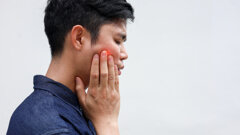



























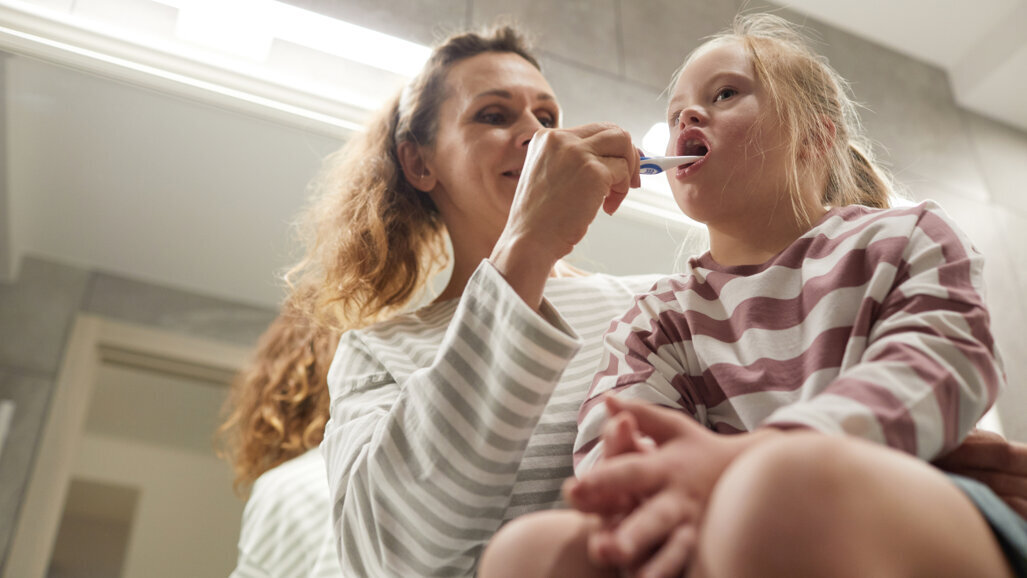




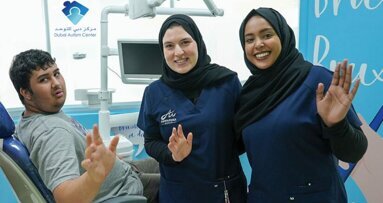
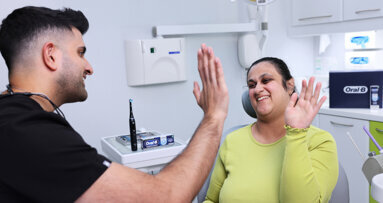

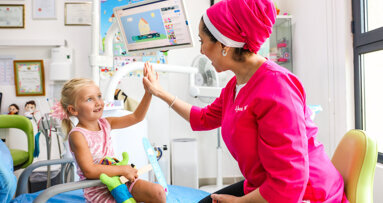











To post a reply please login or register